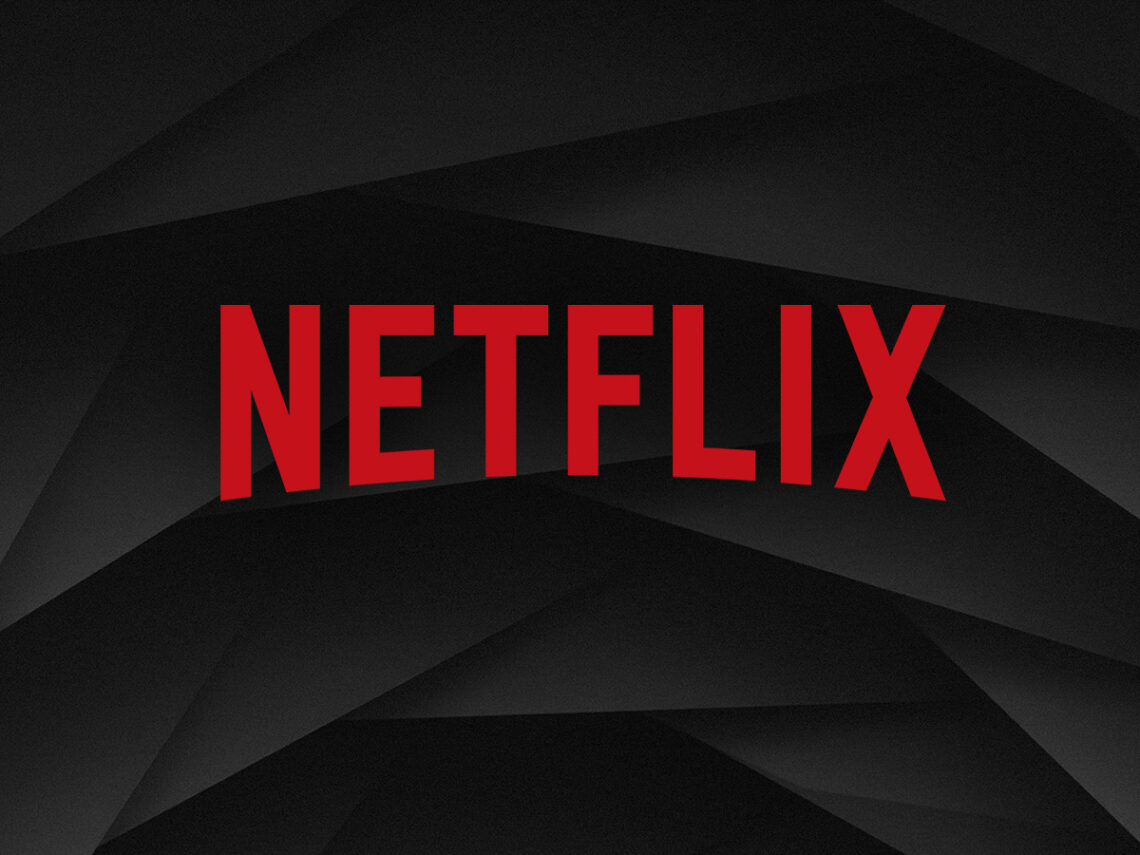With more streaming services entering the fray on a regular basis, subscribers have been forced to pick and choose which platforms they want to sign up for and how they want to view the content contained therein, although Netflix implementing a new feature without making it widely known comes across as decidedly sneaky.
Ad-supported payment plans are cheaper than their ad-free counterparts, but the downside is that viewers will be forced to contend with trying to be sold various wares at regular intervals when trying to watch a movie and TV show.
Of course, it’s something that most generations are very familiar with having grown accustomed to ad breaks between the dawn of television and the advent of the streaming age, but the most heavily-subscribed service on the planet has thrown a spanner into the works that’s proving to be hugely controversial.
The most basic ad-supported plan may be cheaper, but thanks to licensing agreements it doesn’t come with the full selection of Netflix’s library. Due to contractual small print, the company is able to provide all of its content to those who shell out for ad-free, but certain titles were only licensed to Netflix on the basis of being part of the latter structure.
On Netflix’s website, it’s spelled out that “while the vast majority of TV shows and movies are available on an ad-supported plan, a small number are not due to licensing restrictions.” It doesn’t state what they are, but “these titles will appear with a lock icon when you search or browse Netflix.”
Of course, the easiest way to solve the problem is to “sign up for standard with ads today and choose from several payment options,” with the only way to ensure no film or TV series is off-limits while absent-mindedly scrolling through the mountainous volume of content is to pay for a more expensive version of Netflix.
Technically, it’s not Netflix’s fault that its forbidden from using the entirety of its catalogue based on the agreements struck with many studios and production companies across the industry, but neither is it particularly helpful to not make those distinctions clear to the subscribers who’ve found themselves paywalled out of watching certain things.
Much to the boardroom’s delight, the only way to solve it on behalf of any customer who wants access to the full shebang is to pay more each month, which makes it easy to see why so many have been left frustrated.
